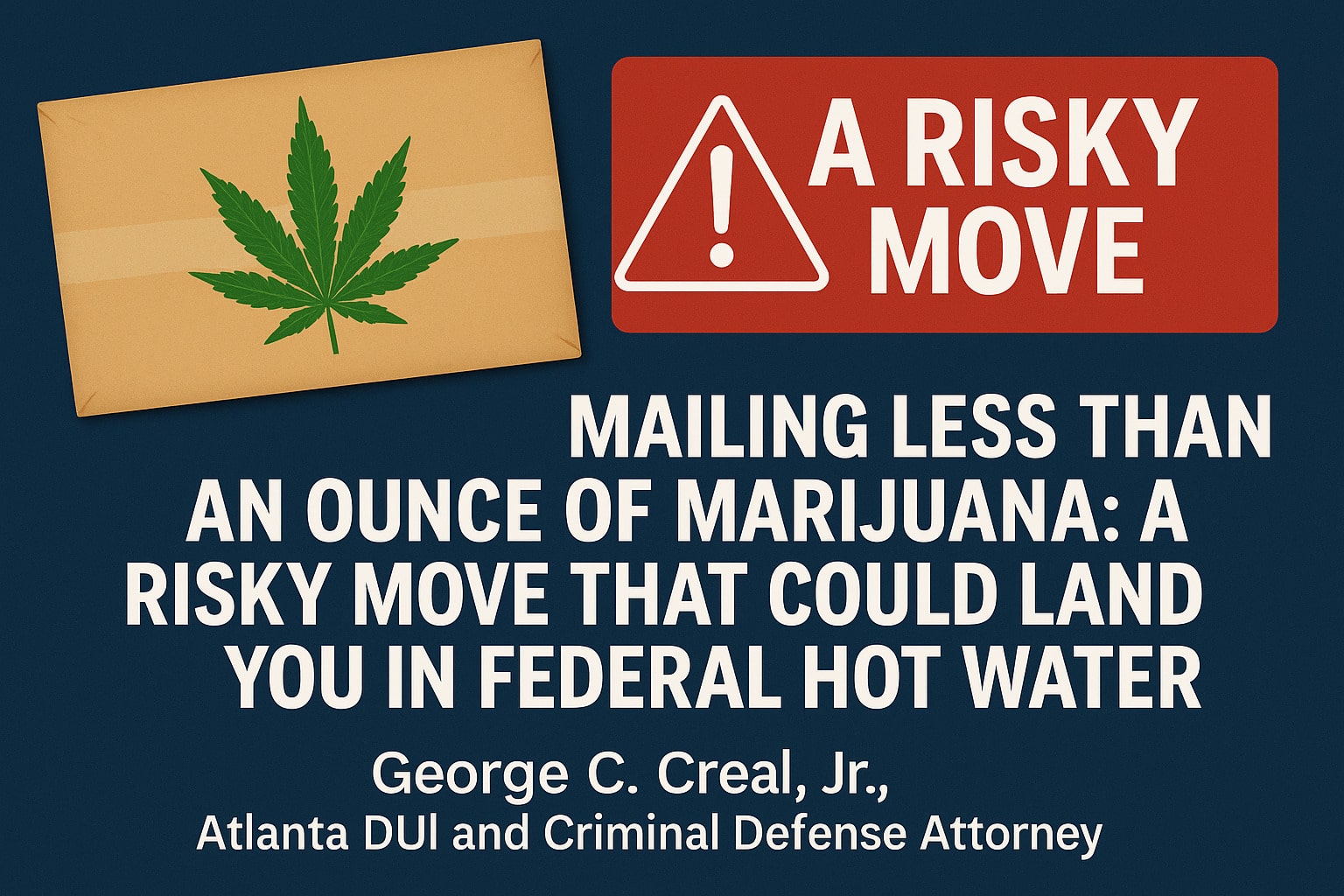
The Federal Landscape: Marijuana Remains Illegal Nationwide
Despite state-level legalization in places like Colorado, California, and even neighboring Florida for medical use, marijuana is still classified as a Schedule I controlled substance under federal law via the Controlled Substances Act (21 U.S.C. § 841). This means the U.S. government treats it as having no accepted medical use and a high potential for abuse—regardless of state laws. Mailing any amount, even under an ounce, across state lines qualifies as interstate distribution, which is a federal offense.
The U.S. Postal Service (USPS) explicitly bans mailing marijuana under 18 U.S.C. § 1716 and 39 U.S.C. § 3001, labeling it as non-mailable matter. Private carriers like UPS and FedEx have similar prohibitions in their terms of service, and if your package is intercepted, it can trigger federal involvement since it involves interstate commerce. As of 2025, no federal reforms have changed this; proposals for rescheduling or interstate commerce allowances haven't passed.
Penalties for Mailing Small Amounts: Don't Underestimate the Consequences
Penalties depend on factors like prior offenses, intent, and quantity, but for less than an ounce. For mailing less than 50 kilograms (which includes under an ounce), you could face:
- First Offense: A federal felony with up to 5 years in prison and fines up to $250,000.
- First Offense (Simple Possession/Distribution of Small Amount): Typically a misdemeanor under 21 U.S.C. § 841(b)(4) or § 844, punishable by up to 1 year in federal prison and a fine of at least 1,000250,000 for distribution).
- Subsequent Offenses: Can escalate to felonies with 2-3 years in prison and fines up to $10,000 or more.
- Additional Charges: If using USPS, you could face extra penalties for mailing prohibitions (fines up to $10,000 and/or imprisonment). If the recipient state prosecutes, state charges (e.g., possession) could apply separately, with penalties varying (e.g., misdemeanor fines in some states).
Detection is more common than you think. Packages can be flagged by odor, suspicious packaging, or routine scans with drug-sniffing dogs. USPS handles well over 100 billion pieces of mail annually, but drug interdiction is not uncommon. If caught, both the sender and recipient could be charged, and using disguises or fake names might add fraud or obstruction charges.
Georgia's Stance: Recreational Use Remains Illegal
In Georgia, recreational Delta-9 marijuana is fully illegal as of 2025. We have a limited medical program allowing low-THC oil (up to 5% THC, recently proposed to increase to 50% but not for flower or edibles) for qualifying patients with conditions like epilepsy or PTSD. However, this doesn't protect interstate mailing—federal law overrides state permissions every time.
Some cities like Atlanta have decriminalized small possession (under an ounce) to a civil fine, but this doesn't apply to mailing or federal cases. If you're mailing from a legal state to Georgia, you're not just risking state misdemeanor charges; you're inviting federal scrutiny from agencies like the DEA or Postal Inspection Service.
Real-World Examples and Why It's Not Worth the Risk
I've represented clients who thought a small personal shipment was harmless, only to face federal charges after a package was seized. Enforcement priorities may focus on larger operations, but small packages aren't immune—especially with increased postal surveillance post-2020.
Politically, Georgia lags behind: No recreational legalization bills passed in 2025, and efforts like HB 1200 for adult-use sales stalled. Until federal reform happens, mailing marijuana remains a high-stakes gamble.
What Should You Do Instead?
- Don't Mail It: Stick to legal alternatives. If you have a medical card, obtain low-THC products from licensed Georgia dispensaries.
- If Charged: Contact an experienced attorney immediately. Defenses might include challenging the search, proving lack of intent, or negotiating plea deals. At George C. Creal, Jr., P.C., we've successfully defended hundreds of drug cases, often reducing charges or securing dismissals.
- Stay Informed: Follow updates on federal rescheduling—rumors of changes in 2025 haven't materialized yet.
If you're dealing with a marijuana-related charge in Georgia, don't go it alone. Call my office at (404) 333-0706 or visit www.georgecreal.com for a free consultation. Knowledge is power—stay safe and legal out there.
George C. Creal, Jr. is an AV Preeminent-rated attorney specializing in DUI, criminal defense, and personal injury in Atlanta, Georgia. This post is for informational purposes only and not legal advice.

